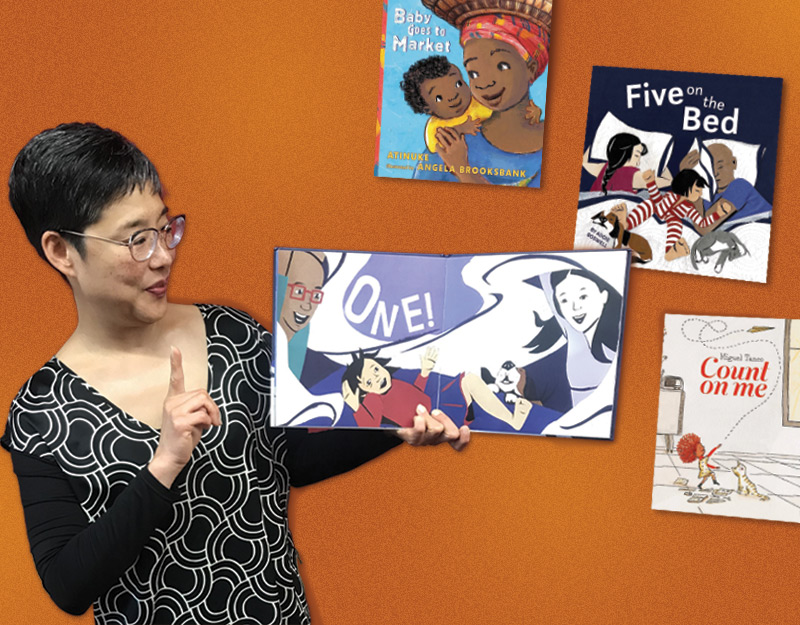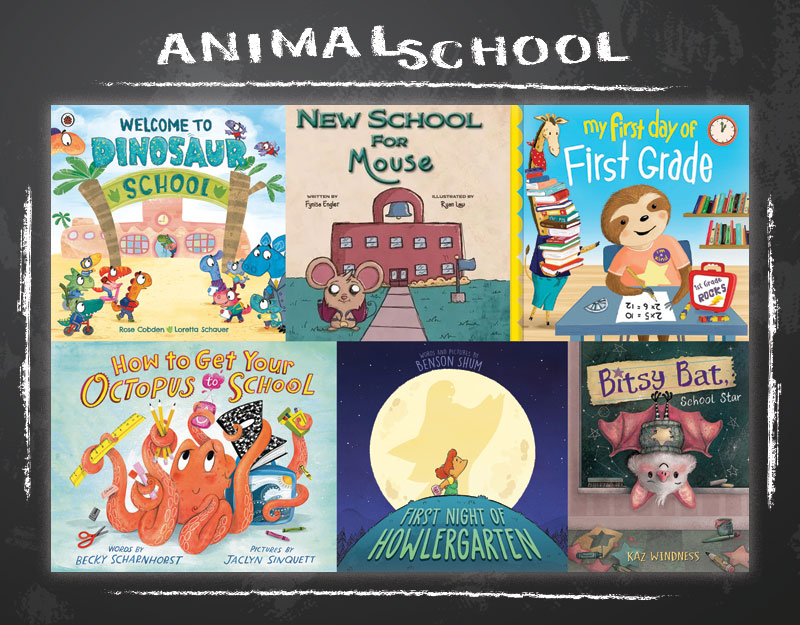Mirror Mirror: Discussing the Representation of Abuse Survivors in STITCHING SNOW, a guest post by author R. C. Lewis (The #SVYALit Project)
Today author R. C. Lewis has written a guest post for us about her upcoming novel, Stitching Snow. Stitching Snow is a science fiction retelling of Snow White and it contains an element of #SVYALit, which she discusses with us today. In order to discuss this element, this guest post is SLIGHTLY SPOILERY. Please be aware.
 R.C. Lewis teaches math to teenagers—sometimes in sign language, sometimes not—so whether she’s a science geek or a bookworm depends on when you look. That may explain why her characters don’t like to be pigeonholed. Coincidentally, R.C. enjoys reading about quantum physics and the identity issues of photons.
R.C. Lewis teaches math to teenagers—sometimes in sign language, sometimes not—so whether she’s a science geek or a bookworm depends on when you look. That may explain why her characters don’t like to be pigeonholed. Coincidentally, R.C. enjoys reading about quantum physics and the identity issues of photons.ADVERTISEMENT
ADVERTISEMENT
About Stitching Snow (Publisher’s Description):
Princess Snow is missing.
Her home planet is filled with violence and corruption at the hands of King Matthias and his wife as they attempt to punish her captors. The king will stop at nothing to get his beloved daughter back—but that’s assuming she wants to return at all.
Essie has grown used to being cold. Temperatures on the planet Thanda are always sub-zero, and she fills her days with coding and repairs for the seven loyal drones that run the local mines.
When a mysterious young man named Dane crash-lands near her home, Essie agrees to help the pilot repair his ship. But soon she realizes that Dane’s arrival was far from accidental, and she’s pulled into the heart of a war she’s risked everything to avoid. With the galaxy’s future—and her own—in jeopardy, Essie must choose who to trust in a fiery fight for survival.
Librarian Angie Manfredi has mentioned on Twitter that this is a perfect read-alike for fans of the Lunar Chronicles by Marissa Meyer, and of course she is absolutely correct.
Filed under: #SVYALit, #SVYALit Project, R. C. Lewis, Stitching Snow
About Karen Jensen, MLS
Karen Jensen has been a Teen Services Librarian for almost 30 years. She created TLT in 2011 and is the co-editor of The Whole Library Handbook: Teen Services with Heather Booth (ALA Editions, 2014).
ADVERTISEMENT
ADVERTISEMENT
SLJ Blog Network
2024 Books from Pura Belpré Winners
Passover Postings! Chris Baron, Joshua S. Levy, and Naomi Milliner Discuss On All Other Nights
Team Unihorn and Woolly | This Week’s Comics
Parsing Religion in Public Schools
ADVERTISEMENT









Great post! While I tend towards the more depressed reactions/self-harm in my own writing, I will be honest in saying that it's also how I personally responded. I do think this is a great point, though, because we need to be clear that everyone reacts differently. And every response is normal.
Looking forward to reading this!